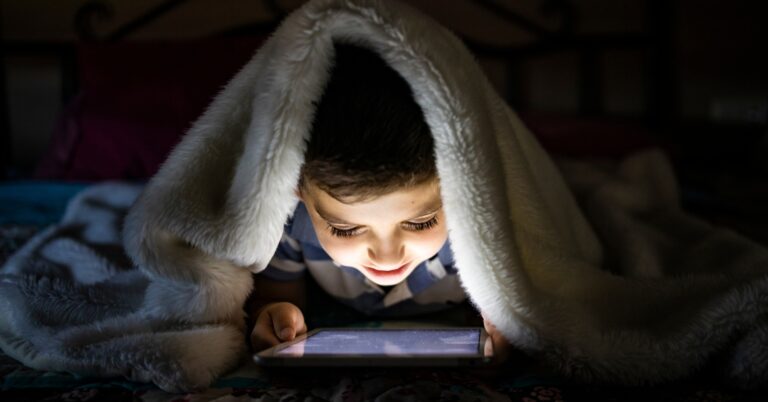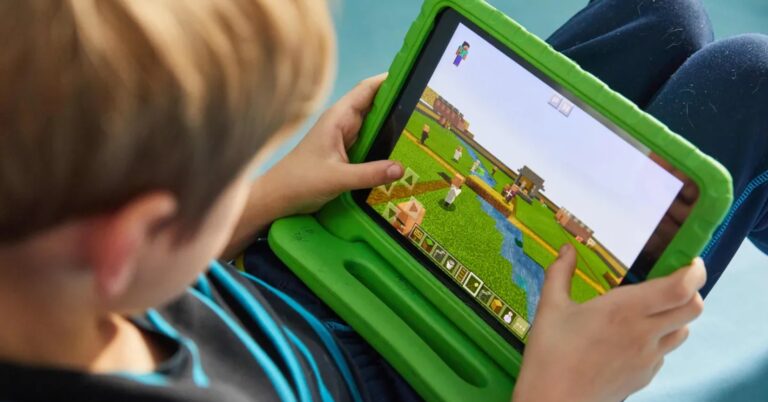Hand washing is a crucial habit for maintaining good health, but getting your child enthusiastic about it could be a challenge. Fear not, because I’ve crafted a list of 8 ingenious activities to make hand washing both fun and educational for your little one.
These activities are designed to teach the importance of cleanliness while also to stimulate their mind and creativity. They are easy to implement and trust me, they will turn a usually mundane task into an engaging learning experience.
The beauty of these activities is they’re not just about getting those tiny hands clean – they’re also about sparking curiosity and instilling a love for learning. So, whether your child is a stubborn toddler or a curious preschooler, these activities are tailored to make hand washing an exciting part of their routine.
You see, as a parent, it’s not just telling them what to do, but showing them why it’s important in a way that resonates with them. And that’s exactly what we’re going to explore next – how to turn hand washing into an exciting and educational journey for your child. So, are you ready to dive in?
1. Create a hand washing song
Music is a powerful tool in learning, and it can be utilized to make hand washing more engaging. Creating a catchy hand washing song with your child makes the process fun and helps them remember the steps. You can even incorporate the recommended 20-second hand washing duration into the lyrics to help them understand how long they should be scrubbing their hands.
Here’s how you can do it:
- Pick a tune your child loves – it could be their favorite nursery rhyme or a popular children’s song.
- Replace the lyrics with steps of hand washing. For instance, you can sing about applying soap, scrubbing between fingers, cleaning under nails, and rinsing off the soap.
- Make sure the song lasts for at least 20 seconds to cover the recommended hand washing duration.
This activity makes hand washing enjoyable and reinforces the correct technique. Plus, it’s a fun way to spend some quality time with your child as you compose the song together.
2. Use fun soap dispensers
To make the hand washing process more appealing to your little one, consider using fun soap dispensers. Children are naturally attracted to colorful and interesting objects, and a unique soap dispenser can catch their attention and motivate them to wash their hands regularly.
You can find a wide range of child-friendly soap dispensers on the market – cartoon characters, animals, superheroes, you name it! Alternatively, you could also get a DIY soap dispenser kit and decorate it with your child. This will make the object more personal to them and gives you an opportunity to bond with your child while crafting.
3. Experiment with soap textures
Kids love to explore and discover, and introducing them to soaps of various textures can make hand washing an interesting sensory experience.
You can use liquid soap, foam soap, bar soap, or even soap with exfoliating beads. Each type offers a unique sensation and can be a fun exploration for your child. Liquid soap is slippery and smooth, foam soap feels fluffy and light, bar soap is hard but lathers soft, and exfoliating soap has little scrubby bits that tickle their palms.
This activity adds an element of fun to hand washing and encourages your child to explore their sense of touch.
4. Create a hand washing poster
A fun and educational activity to promote hand washing is creating a hand washing poster with your child. This activity helps your child understand the importance of hand hygiene while also fuels their creativity.
Sit down with your child and discuss the steps of hand washing. Then, ask them to draw these steps on a piece of paper. You can guide them through each step, making sure they don’t miss any. Once they’re done drawing, you can hang this poster near the sink. This visual aid will serve as a constant reminder for them to wash their hands, and seeing their own artwork might motivate them to do so.
This activity also offers an excellent opportunity to discuss germs and why it’s vital to wash them off. It’s a fun, creative way to teach your child about hygiene while keeping their hands clean!
5. Use a hand washing timer
To ensure your child is washing their hands for the recommended 20 seconds, you can use a hand washing timer. This can be a simple sand timer, a digital one, or even a specialized hand washing timer available in the market.
Having a dedicated timer makes hand washing more like a game. Your child will try to scrub their hands thoroughly until the time runs out. This adds an element of fun to the process while ensuring they’re washing their hands long enough to get rid of germs.
Additionally, using a timer helps instill the concept of time in your child’s mind. They’ll start to understand how long 20 seconds is and why it’s necessary to wash their hands for that duration. It’s an activity that combines fun and learning effectively!
6. Play the germ elimination game
Turn hand washing into a playful game of germ elimination. In this game, germs (imaginary, of course) are the villains and your child is the superhero whose mission is to eliminate these germs by washing their hands.
You can make the game more exciting by adding narratives. For instance, the germs are planning to take over the world, and only your child can stop them by scrubbing their hands clean. This makes hand washing an epic battle against germs, where your child is the hero saving the day.
7. Introduce scented soaps
Children are naturally inquisitive and love to explore different smells. Introducing them to scented soaps can make hand washing an interesting sensory experience.
From fruity fragrances like strawberry and orange to fun scents like bubblegum and marshmallow, there are plenty of child-friendly options available. You can even let your child pick their favorite scent, giving them a sense of involvement in the process.
Scented soaps enhance the handwashing experience while also engaging your child’s sense of smell. So, next time you’re shopping for soaps, consider adding a variety of scented ones to your cart!
8. Reward system
Lastly, introducing a reward system can be a great motivator for your child to maintain good hand hygiene. You can create a chart where your child gets a star each time they wash their hands properly. Once they collect a certain number of stars, they get a reward.
The reward doesn’t have to be something big. It could be an extra bedtime story, a small toy, or their favorite snack. The idea is to associate hand washing with something positive so that your child will be more inclined to do it.
Maintaining the habit
Instilling good hand hygiene habits in children requires making it fun and educational, as well as maintaining consistency. Once you’ve introduced these activities to make hand washing more engaging, it’s important to maintain these habits.
Encourage your child to wash their hands at key times – before eating, after using the bathroom, after playing outside, etc. Positive reinforcement can be very effective in maintaining these habits. Praise your child when they remember to wash their hands and track their progress on the hand washing chart.
Incorporate these activities into their daily routine so that hand washing becomes second nature to them. And remember, children learn by example. So, make sure you’re also following good hand hygiene practices.
With consistency and positive reinforcement, these fun activities can help your child develop good hand hygiene habits that last a lifetime.








